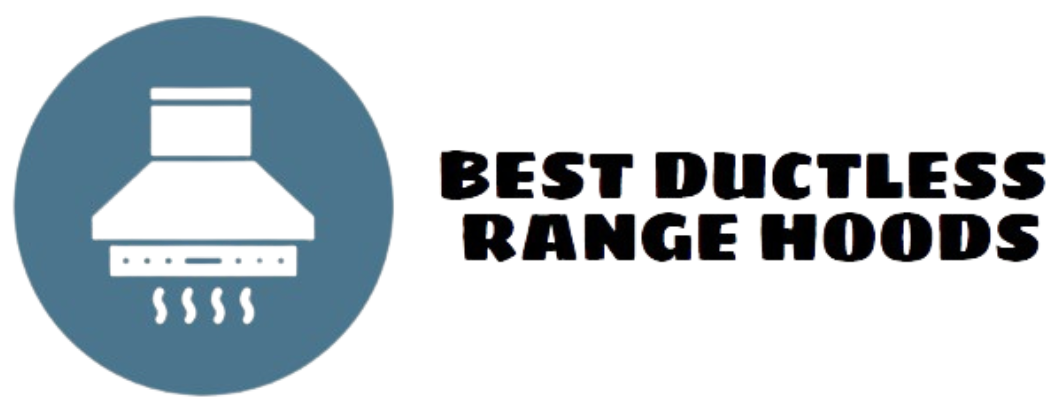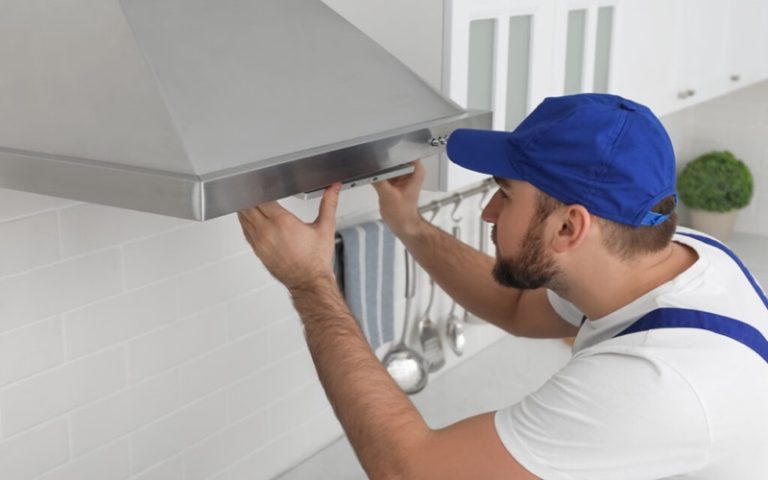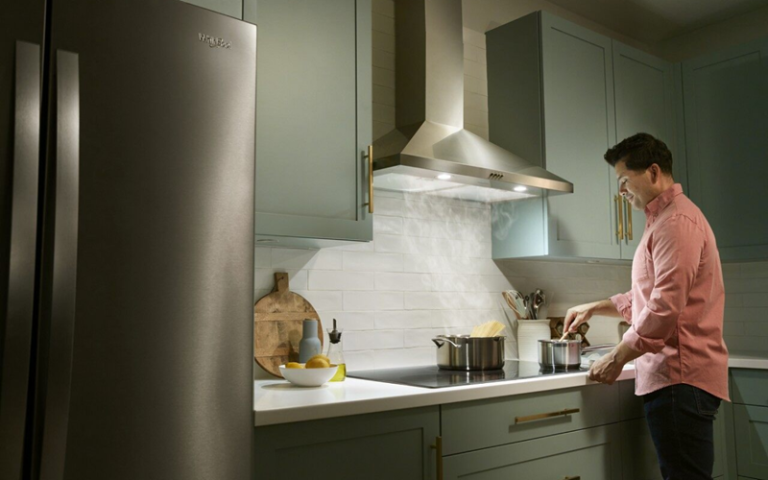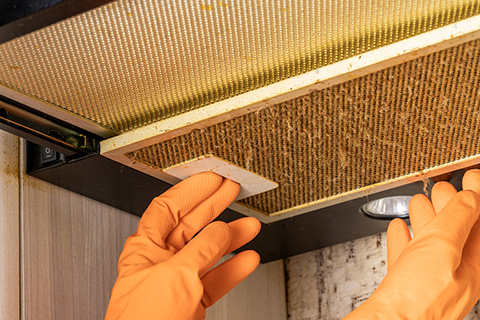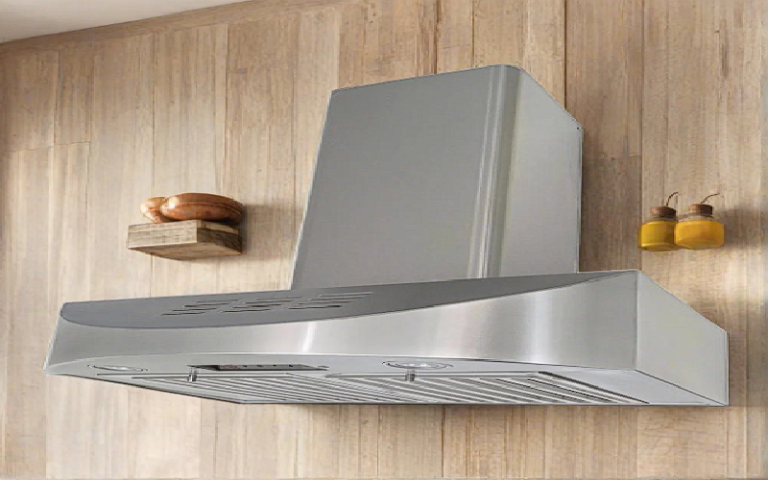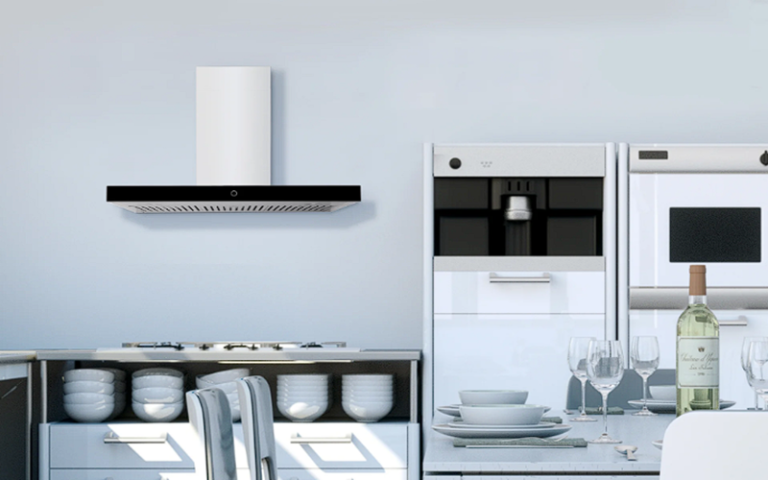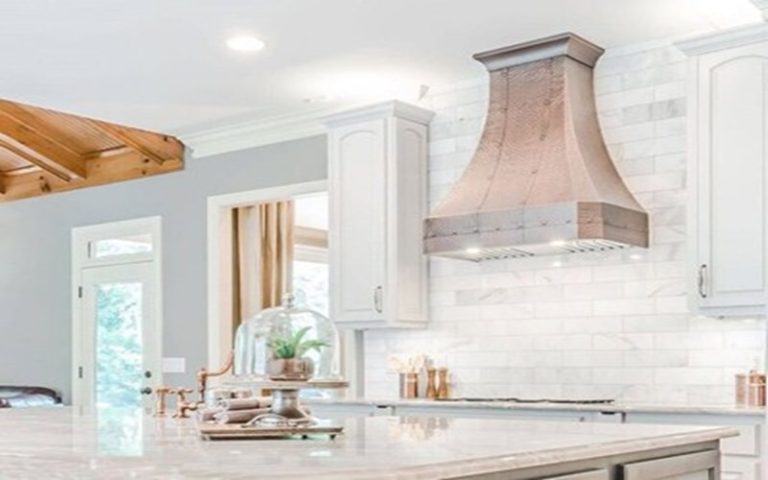What Is A Ductless Range Hood? A Comprehensive Guide
When designing or renovating a kitchen, one crucial aspect that often gets overlooked is proper ventilation. This is where a range hood comes in, playing an essential role in maintaining air quality by removing smoke, grease, and odors that occur during cooking. Among the different types of range hoods available, the ductless range hood is an increasingly popular choice for homeowners, especially in modern and compact kitchen designs. But what exactly is a ductless range hood, and how does it compare to other ventilation options?
In this article, we’ll dive deep into the concept of a ductless range hood, exploring how it works, its benefits and drawbacks, and how to determine if it’s the right choice for your kitchen.
Understanding the Ductless Range Hood
What Is a Ductless Range Hood?

A ductless range hood, also known as a recirculating range hood, is a kitchen ventilation device that filters air instead of venting it outside. Unlike ducted range hoods, which expel air outside through a network of ducts, ductless hoods pull the air through a series of filters and then recirculate it back into the kitchen.
The core components of a ductless range hood include:
- Blower/Fan: This component pulls in the air, which contains smoke, steam, grease, and odors.
- Filters: The air passes through two main types of filters—a grease filter and a charcoal filter. The grease filter captures grease and particles, while the charcoal filter traps odors and smoke.
- Recirculation: After the air is filtered, it is recirculated back into the kitchen, ensuring a cleaner environment.
How Does a Ductless Range Hood Work?
The operation of a ductless range hood is straightforward. When you cook, the hood’s fan draws the air above your stove or cooktop into the device. The air first passes through a metal or mesh grease filter, which traps grease and other solid particles. Next, the air moves through an activated charcoal filter, which neutralizes odors and absorbs smoke.
Once filtered, the clean air is released back into the kitchen. While ductless hoods don’t remove air from the kitchen, they do improve air quality by reducing contaminants and smells.
Benefits of a Ductless Range Hood
Flexible Installation
One of the most significant advantages of a ductless range hood is its installation flexibility. Since it doesn’t require ductwork, you can install it in almost any kitchen, regardless of the layout or design. This is particularly beneficial in apartments, condominiums, or older homes where installing ductwork can be challenging or impossible.
Cost-Effective
Ductless range hoods tend to be more affordable than their ducted counterparts, both in terms of the initial purchase and installation. The absence of ductwork means lower labor costs and less disruption during installation. Additionally, since they are easier to install, you might not even need to hire a professional, which further reduces costs.
Energy Efficient
Because ductless range hoods do not expel air outside, they help maintain your kitchen’s temperature, making them more energy-efficient. In contrast, ducted hoods expel conditioned air, which can lead to increased heating or cooling costs as your HVAC system works harder to replace the lost air.
Improved Indoor Air Quality
While ducted hoods remove air entirely, ductless hoods effectively filter and recirculate it, improving indoor air quality by removing grease, smoke, and odors. This is especially important for those with allergies or sensitivities to airborne particles.
Environmentally Friendly
Ductless range hoods are considered environmentally friendly because they do not release contaminants directly into the atmosphere. Instead, they filter the air within the home, which can be a more eco-conscious choice compared to venting pollutants outside.
Drawbacks of a Ductless Range Hood
Filter Maintenance

One of the primary downsides of a ductless range hood is the need for regular maintenance. The charcoal filters require replacement every three to six months, depending on usage, to ensure the hood continues to function effectively. The grease filters also need regular cleaning to prevent clogging and maintain performance.
Less Effective Ventilation

While ductless hoods do a good job of filtering air, they are generally less effective than ducted systems in removing high volumes of smoke, heat, and steam. This might not be a concern for light to moderate cooking, but for those who cook frequently or use high-heat methods like frying or grilling, a ducted hood might be more suitable.
Noise Levels
Ductless range hoods can be noisier than ducted models because the fan has to work harder to draw air through the filters and recirculate it. This can be a consideration if you’re sensitive to noise or have an open-concept kitchen where noise can travel to other living spaces.
Limited Design Options
While there are many designs available, ductless range hoods may offer fewer customization options compared to ducted models. However, many manufacturers are now producing stylish ductless hoods to cater to modern kitchen aesthetics.
Ductless vs. Ducted Range Hoods: Which One is Right for You?
Choosing between a ductless and ducted range hood depends on several factors, including your cooking habits, kitchen layout, budget, and personal preferences.
When to Choose a Ductless Range Hood:
- Limited Space or Complex Layout: If your kitchen layout doesn’t allow for easy installation of ductwork, or if you live in an apartment or condo, a ductless hood is an ideal solution.
- Cost Considerations: If you’re on a budget, a ductless range hood is more affordable and easier to install, saving you money on both the unit and labor costs.
- Moderate Cooking: For those who cook occasionally or primarily use low-heat methods, a ductless range hood can effectively manage smoke and odors.
- Energy Efficiency: If maintaining your kitchen’s temperature is a priority, a ductless hood will help by not expelling conditioned air outside.
When to Choose a Ducted Range Hood:
- Heavy Cooking: If you frequently cook using high-heat methods or produce a lot of smoke, steam, or strong odors, a ducted hood is more effective at removing these elements from your kitchen.
- Custom Kitchens: For those building a custom kitchen or undergoing a major renovation, incorporating ductwork for a ducted hood might be worth the investment for superior ventilation.
- Quiet Operation: If noise is a concern, ducted hoods generally operate more quietly than ductless models, making them a better option for open-concept living spaces.
Tips for Maintaining Your Ductless Range Hood
To ensure your ductless range hood performs optimally, regular maintenance is essential. Here are some tips to keep your hood in top shape:
- Clean the Grease Filters: Depending on usage, clean the grease filters every one to three months. Most metal filters are dishwasher-safe, making them easy to clean.
- Replace Charcoal Filters: Keep an eye on the charcoal filters, and replace them every three to six months. If you notice a decrease in the hood’s efficiency or lingering odors, it’s time for a replacement.
- Wipe Down the Hood: Regularly wipe down the exterior of the hood to remove grease and grime buildup, which can affect the hood’s performance over time.
- Check the Fan and Motor: Periodically check the fan and motor for any signs of wear or unusual noises. If you notice any issues, it might be time to consult a professional for repairs.
Conclusion
A ductless range hood is a versatile and cost-effective option for improving kitchen air quality, especially in spaces where ductwork installation isn’t feasible. While it may require more maintenance and offer slightly less effective ventilation than ducted models, it is a practical solution for many modern kitchens. By understanding its operation, benefits, and limitations, you can make an informed decision that best suits your cooking habits and kitchen design. Whether you opt for a ductless or ducted range hood, ensuring proper ventilation is key to maintaining a clean and comfortable kitchen environment.
Welcome to bestductlessrangehoods.com, your go-to resource for everything related to ductless range hoods! I’m Linda Marie, the founder and chief editor of this site. With a deep passion for home improvement and an unwavering focus on kitchen appliances, I started this website to help homeowners, renovators, and kitchen enthusiasts navigate the world of ductless range hoods.
